Respiratory physician Lutz Beckert considers chronic obstructive pulmonary disease management, including the prevention of COPD, the importance of smoking cessation and pulmonary rehabilitation, and the lifesaving potential of addressing treatable traits. He also discusses the logic of inhaler therapy, moving from single therapy to dual and triple therapy when indicated, as well as other aspects of management
Green Health Collection: Taking steps towards treading lightly
Green Health Collection: Taking steps towards treading lightly

In a series of articles for the 11 May issue, journalist Virginia McMillan talks to people hoping to change ways of working in health so as to ultimately improve the health of our planet
Dougal Thorburn recalls as a child camping for weeks with his family in remote areas of Arthur’s Pass...Read more
Now aged 41 and a specialist GP completing public health medicine qualifications, Dr Thorburn enjoys going trail running, growing vegetables and planting trees on exposed pieces of the Wellington coast.
“My philosophy has been hugely influenced by those positive experiences as a child,” says Dr Thorburn, “and as I feel increasingly connected with my Māori side, I feel a part of the Earth: ‘Ko au te whenua, ko te whenua ko au (I am the land, the land is me)’.
A run of weather-induced crises has struck New Zealand in recent times and will only increase, says a locum doctor working in the thick of it...Read more
Specialist GP Robin Barraclough’s patient had been jolted back to life three times by paramedics and was stuck in Kaitaia Hospital, 300km from a coronary care unit.
Roads had closed and air transport was out, amid a swathe of rainstorms and floods.
Floods in coastal towns, fires in wetlands and ice loss in glaciers have all this year underscored the real and present dangers of a warmer globe...Read more
The Intergovernmental Panel on Climate Change is urging rapid, drastic changes to most aspects of modern life to reverse the ongoing rise in emissions of greenhouse gases.
At last count, global emissions rose 1.3 per cent a year, every year between 2000 and 2019.
In recent months, the panel has catalogued worse-than-expected impacts that are on their way as a result of “baked in” climate change.
The public service is mandated to lead the way in New Zealand’s efforts to mitigate global warming risks. Virginia McMillan finds out what this means for the health system’s big emitters...Read more
With Debbie Wilson as its sustainability manager, Counties Manukau DHB became a leader in the health sector’s push to reduce greenhouse gas emissions.
But even Counties now must put in extra effort to meet the Government’s carbon target announced in December 2020. It came via the Carbon Neutral Government Programme, which says the public service is to hit carbon neutrality by 2025; back in the day, Dr Wilson was championing a deadline of 2050.
Overseas-trained doctor Dermot Coffey is checking his conscience about flights to his home country...Read more
Dr Coffey, who immigrated 20 years ago, says he hasn’t been back to Ireland in the past four years and it would be hard never to make the trip again.
Keeping to the bare minimum is not ideal for family, he says, although longhaul travel is about the worst thing an individual can do for the environment.
Prime territory for primary care to reduce its climate impact is to be found in the area of pharmaceuticals, says Christchurch specialist GP Dermot Coffey...Read more
“[GPs] can focus on deprescribing, increasing patients’ pick-up of medications, and correct disposal,” says Dr Coffey, co-convenor of Ora Taiao – New Zealand Climate & Health Council.
He suggests aiming to prescribe only for the duration necessary, and analysing older patients’ medications to see which can be stopped.
Of all the places to be based as a DHB sustainability manager, Vicktoria Blake hit the jackpot – but not always in a good way...Read more
Living in the sunny Bay of Plenty port city of Tauranga, Ms Blake is wide awake to the climate emissions generated by vehicles.
“Travel is a key component of our emissions profile in New Zealand,” she says, “because we love our cars and, in Tauranga, we have the fastest-growing fleet and the worst congestion issues in the country.” Sixty-one per cent of the city’s carbon footprint comes from transport emissions.
If there’s a new wave of dietitians, Summer Wright is surfing it...Read more
A Wellingtonian who’s a champion of plant-based eating, Ms Wright has her eye on food’s role in the health of the planet as well as its people – and, in particular, Māori people.
The nutrition researcher is exploring how Māori businesses can develop healthy, sustainable plant-based foods that contribute to social, cultural and environmental wellbeing.
Vanessa Neven has gone from living in a yurt and sustainably managing a Canadian farmlet to a modest house with a small section in Orewa, north of Auckland...Read more
It was time for a change for Ms Neven and family. “We were exhausted, so we chose low maintenance.”
Job and education opportunities attracted them to New Zealand and, two years ago, when leading strategic initiatives at Southern Cross Healthcare, she was invited to start as the company’s national sustainability lead.
Climate change will have terrible consequences, but we must not fail in our responsibility to minimise them, and to provide hope, writes Kevin Hague...Read more
Every so often, an exotic species like Aedes aegypti enters New Zealand and is not detected and stamped out.
These creatures typically die of cold. But, some time soon and maybe already, it won’t get cold enough any more, and A. aegypti will establish a permanent foothold here.
Home and community vegetable gardens and “tiny house” living seem to feature in every second book and magazine these days, and Gradon Diprose suspects it is because there’s a movement afoot...Read more
A gardener and tiny-house dweller living on a 200sqm section in suburban Wellington, Mr Diprose is a researcher at Manaaki Whenua – Landcare Research. He says people increasingly want cheaper, healthier food, but that’s not their sole motivation.
Latest sea-level predictions were the bitter icing on a rather sour cake for reporter Virginia McMillan as she wound up her climate change work for this edition...Read more
It would have been great to read some reassuring research as my climate change reporting for this edition was given its final tweaks.
But, no, in the manner of all things climate in 2022, it was more bad news.
The subsidence of various bits of our coast will bring higher rises to sea levels, we’re told by SeaRise: Te Tai Pari O Aotearoa.
More than 100 different kinds of used medical products enter Medsalv’s premises for a thorough clean and remake, before being sent out for reuse...Read more
Expansion from just a handful to such a large number of device types has come in two years for the Christchurchbased, homegrown Kiwi company.
It is “remanufacturing” items that would, until recently, have been regarded as single use, binned and landfilled at great cost to health organisations and the environment, including greenhouse gas emissions.
We're publishing this article as a FREE READ so it is FREE to read and EASY to share more widely. Please support us and the hard work of our journalists by clicking here and subscribing to our publication and website

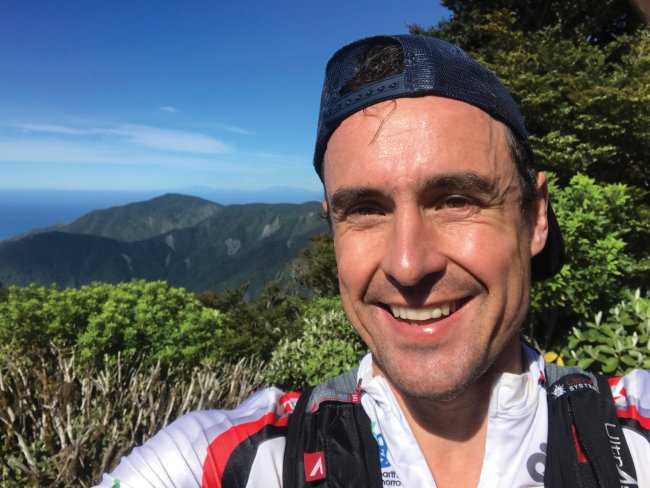


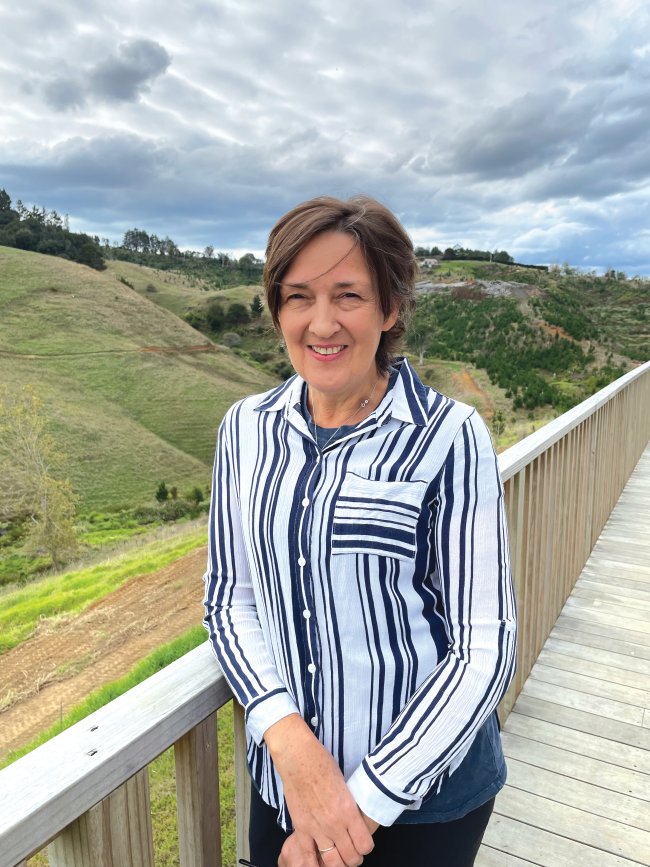


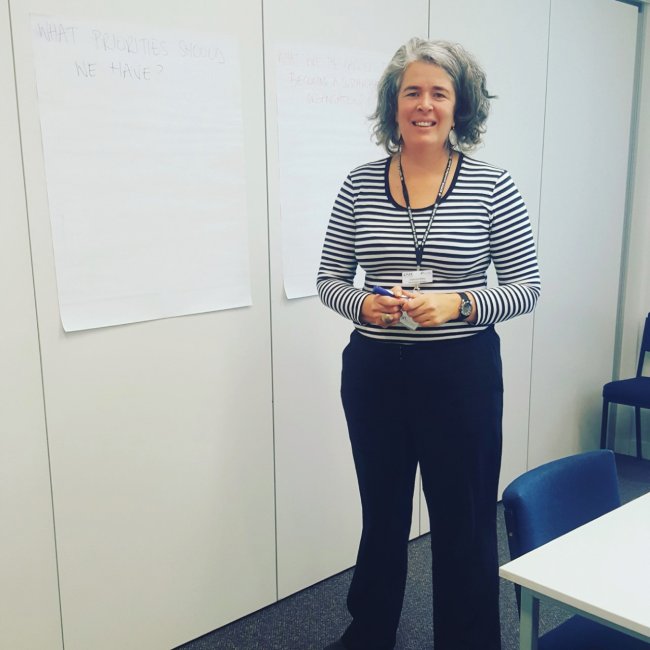

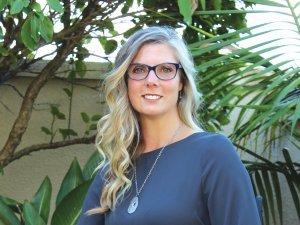
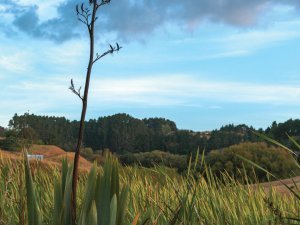
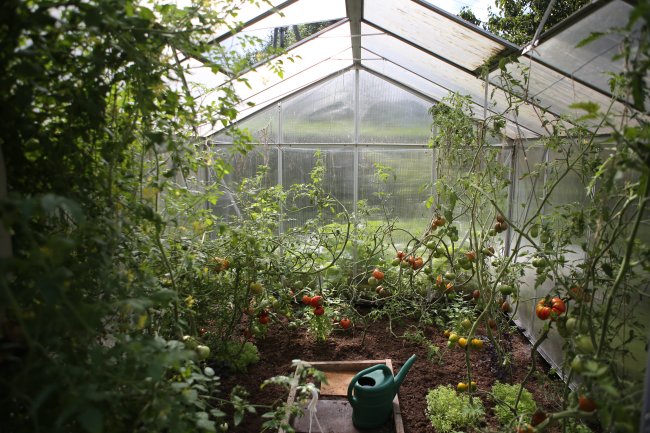
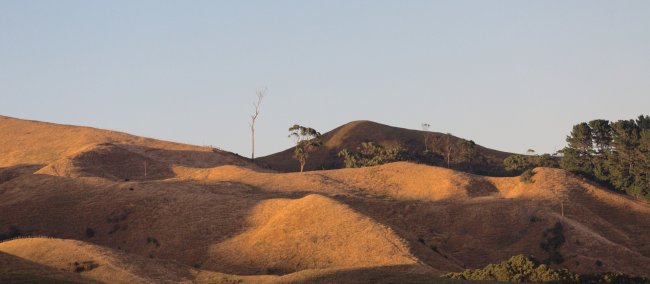




![Barbara Fountain, editor of New Zealand Doctor Rata Aotearoa, and Paul Hutchison, GP and senior medical clinician at Tāmaki Health [Image: Simon Maude]](/sites/default/files/styles/thumbnail_cropped_100/public/2025-03/Barbara%20Fountain%2C%20editor%20of%20New%20Zealand%20Doctor%20Rata%20Aotearoa%2C%20and%20Paul%20Hutchison%2C%20GP%20and%20senior%20medical%20clinician%20at%20T%C4%81maki%20Health%20CR%20Simon%20Maude.jpg?itok=-HbQ1EYA)
![Lori Peters, NP and advanced health improvement practitioner at Mahitahi Hauora, and Jasper Nacilla, NP at The Terrace Medical Centre in Wellington [Image: Simon Maude]](/sites/default/files/styles/thumbnail_cropped_100/public/2025-03/2.%20Lori%20Peters%2C%20NP%20and%20advanced%20HIP%20at%20Mahitahi%20Hauora%2C%20and%20Jasper%20Nacilla%2C%20NP%20at%20The%20Terrace%20Medical%20Centre%20in%20Wellington%20CR%20Simon%20Maude.jpg?itok=sUfbsSF1)
![Ministry of Social Development health and disability coordinator Liz Williams, regional health advisors Mary Mojel and Larah Takarangi, and health and disability coordinators Rebecca Staunton and Myint Than Htut [Image: Simon Maude]](/sites/default/files/styles/thumbnail_cropped_100/public/2025-03/3.%20Ministry%20of%20Social%20Development%27s%20Liz%20Williams%2C%20Mary%20Mojel%2C%20Larah%20Takarangi%2C%20Rebecca%20Staunton%20and%20Myint%20Than%20Htut%20CR%20Simon%20Maude.jpg?itok=9ceOujzC)
![Locum GP Helen Fisher, with Te Kuiti Medical Centre NP Bridget Woodney [Image: Simon Maude]](/sites/default/files/styles/thumbnail_cropped_100/public/2025-03/4.%20Locum%20GP%20Helen%20Fisher%2C%20with%20Te%20Kuiti%20Medical%20Centre%20NP%20Bridget%20Woodney%20CR%20Simon%20Maude.jpg?itok=TJeODetm)
![Ruby Faulkner, GPEP2, with David Small, GPEP3 from The Doctors Greenmeadows in Napier [Image: Simon Maude]](/sites/default/files/styles/thumbnail_cropped_100/public/2025-03/5.%20Ruby%20Faulkner%2C%20GPEP2%2C%20with%20David%20Small%2C%20GPEP3%20from%20The%20Doctors%20Greenmeadows%20in%20Napier%20CR%20Simon%20Maude.jpg?itok=B0u4wsIs)
![Rochelle Langton and Libby Thomas, marketing advisors at the Medical Protection Society [Image: Simon Maude]](/sites/default/files/styles/thumbnail_cropped_100/public/2025-03/6.%20Rochelle%20Langton%20and%20Libby%20Thomas%2C%20marketing%20advisors%20at%20the%20Medical%20Protection%20Society%20CR%20Simon%20Maude.jpg?itok=r52_Cf74)
![Specialist GP Lucy Gibberd, medical advisor at MPS, and Zara Bolam, urgent-care specialist at The Nest Health Centre in Inglewood [Image: Simon Maude]](/sites/default/files/styles/thumbnail_cropped_100/public/2025-03/7.%20Specialist%20GP%20Lucy%20Gibberd%2C%20medical%20advisor%20at%20MPS%2C%20and%20Zara%20Bolam%2C%20urgent-care%20specialist%20at%20The%20Nest%20Health%20Centre%20in%20Inglewood%20CR%20Simon%20Maude.jpg?itok=z8eVoBU3)
![Olivia Blackmore and Trudee Sharp, NPs at Gore Health Centre, and Gaylene Hastie, NP at Queenstown Medical Centre [Image: Simon Maude]](/sites/default/files/styles/thumbnail_cropped_100/public/2025-03/8.%20Olivia%20Blackmore%20and%20Trudee%20Sharp%2C%20NPs%20at%20Gore%20Health%20Centre%2C%20and%20Gaylene%20Hastie%2C%20NP%20at%20Queenstown%20Medical%20Centre%20CR%20Simon%20Maude.jpg?itok=Z6u9d0XH)
![Mary Toloa, specialist GP at Porirua and Union Community Health Service in Wellington, Mara Coler, clinical pharmacist at Tū Ora Compass Health, and Bhavna Mistry, specialist GP at Porirua and Union Community Health Service [Image: Simon Maude]](/sites/default/files/styles/thumbnail_cropped_100/public/2025-03/9.%20Mary%20Toloa%2C%20Porirua%20and%20Union%20Community%20Health%20Service%20in%20Wellington%2C%20Mara%20Coler%2C%20T%C5%AB%20Ora%20Compass%20Health%2C%20and%20Bhavna%20Mistry%2C%20PUCHS%20CR%20Simon%20Maude.jpg?itok=kpChr0cc)